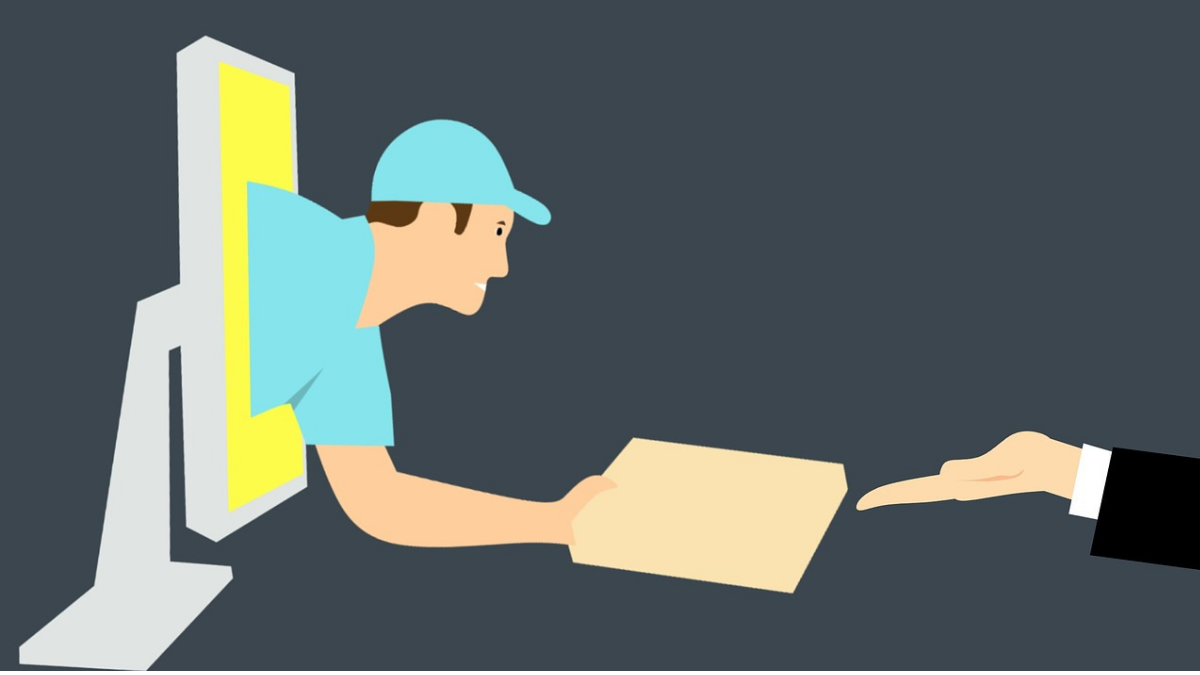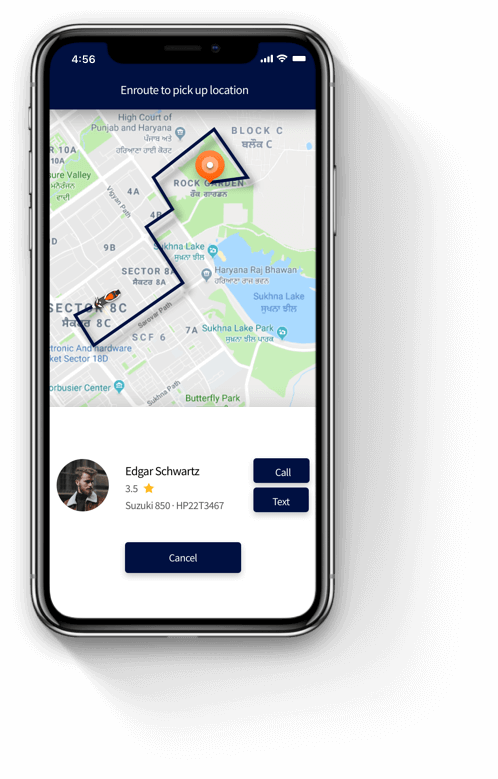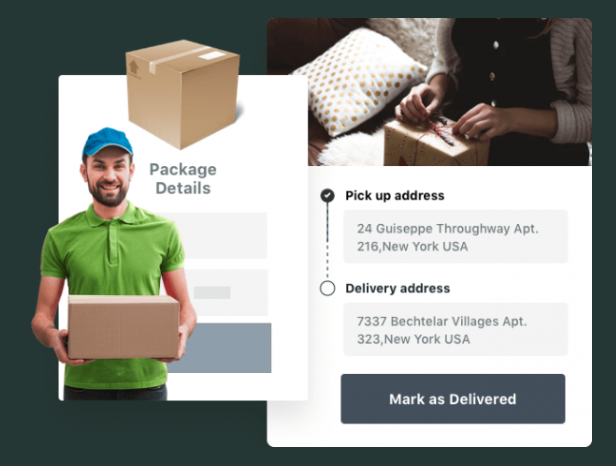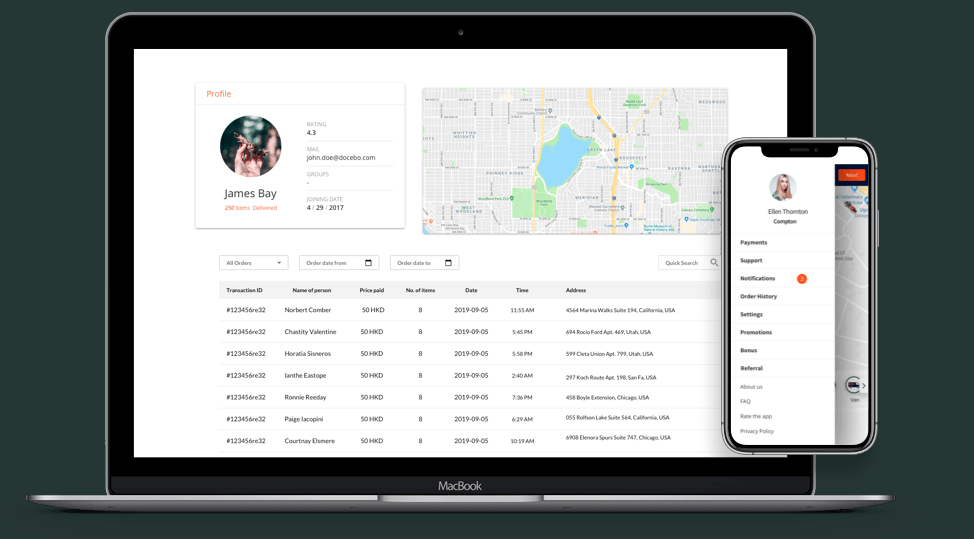
Pickup and delivery has become an integral part of the on-demand economy. So much so that this particular part of business success has turned into a profitable industry. Entrepreneurs have realized the potential of this segment and tapped it successfully.
Table of Contents
This blog is for all the entrepreneurs who want to launch an on demand delivery app. Let’s understand the three ways this business works.
Depending on who is sending a service request and who is the provider, the pickup and delivery business can be categorized into the following three categories:
Think of a conventional courier service, put it on a mobile app and you’ve got a P2P pickup & delivery service. A courier app is the perfect example of this model.
Think of ordering a pizza from Domino’s using their website/mobile app or ordering a t-shirt from Busted Tees,, and you’ll know what B2P pickup and delivery is. The requestor is an individual while the sender is a company.
When both the supplier as well as the buyer are companies, the deliveries conducted among them will be included in the B2B category. B2B pickup and delivery takes place among two businesses, and thus the name.
Now that we know the various categories of pickup and delivery business, let’s take a look at how this model works…
Irrespective of the fact that whether you go for P2P, B2P or B2B pickup and delivery app, the working model remains essentially unchanged:
The sole purpose of a pickup and delivery business is to pick an item from point A and deliver it to point B. The sender books a delivery agent according to location and availability. The concerned delivery agent picks up the item and delivers it to the mentioned destination.
The feature list of a pickup & delivery mobile app varies depending upon who is using it. There are three perspectives of such a mobile app. Let’s take a look at them, shall we?

The customer side of pickup and delivery app must enable the customer(s) to place an order, schedule and track a delivery, make payments and submit their reviews and ratings.

The agent app should tell the delivery agent about the pickup point, the delivery point, best route and the feature to accept or reject a delivery request. The rejection must be followed up with a reason.

The admin dashboard must intimate the admin about any and all upcoming orders, corresponding delivery agent, have real time tracking and a feature to send notifications to customers and delivery agents.
At the same time, the admin dashboard should also have a report and analytics tool to understand how well their business is doing. Reports and analytics also play an important role in better business.
There are primarily 4 ways you can choose from to launch your pickup and delivery app.
| Method | Pros | Cons |
|
Build Your Own Team |
Handpicked team of experts |
Time consuming and very expensive, not cost and time effective |
|
Hire Freelancer(s) |
Affordable that a team |
Communication gap and trust & transparency issues |
|
Hire A Mobile App Development Company |
Time and cost saving and plenty of experience to create a custom solution |
None |
|
Buy A Whitelabel Solution |
Fast and quick entry in market |
Not as elaborate and sophisticated as a custom solution |
Now that you have all the required information at your disposal, you are all set and ready to launch your own pickup and delivery business. All you need to do is just get in touch with the right mobile app development company and discuss your requirements. The discussion will help you figure out whether you should choose a custom solution or a white-label app will be good enough for you. Good luck.
